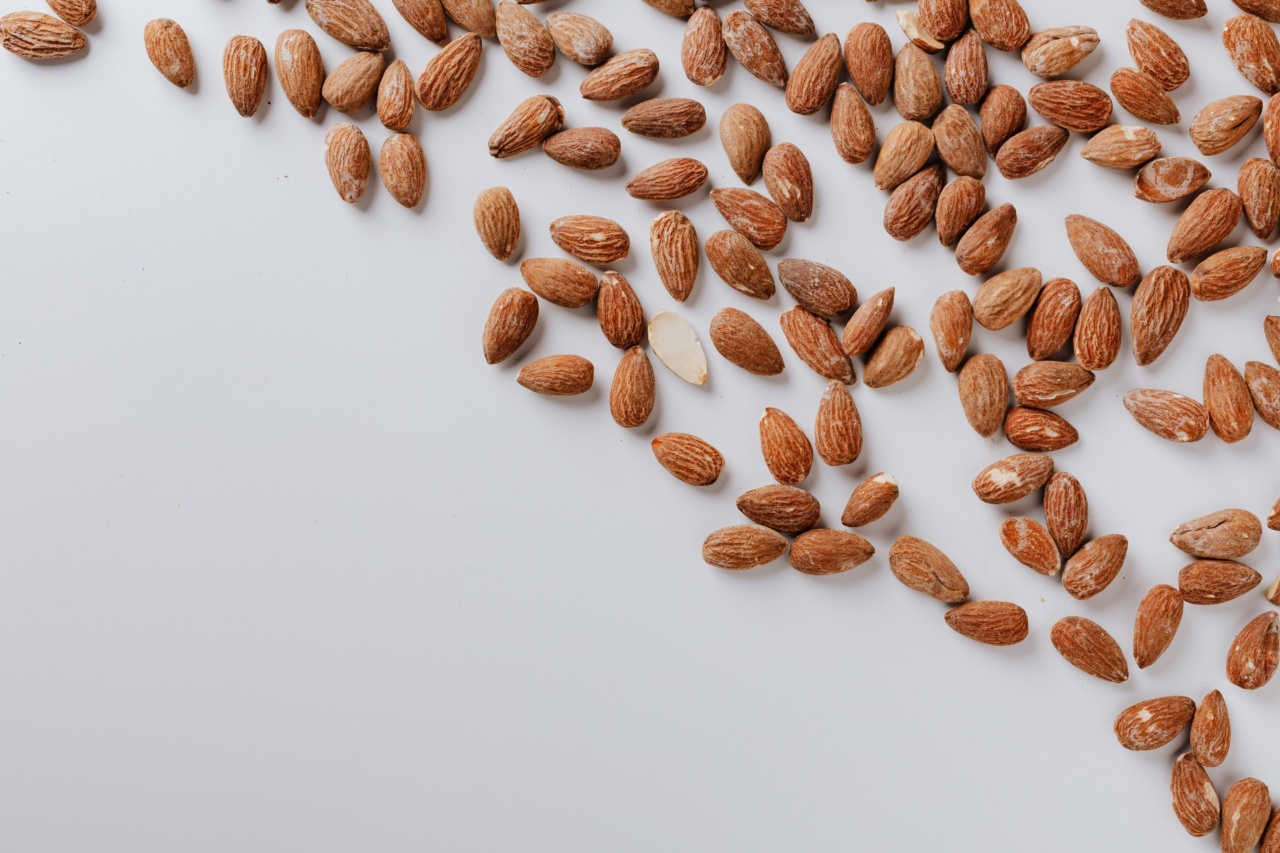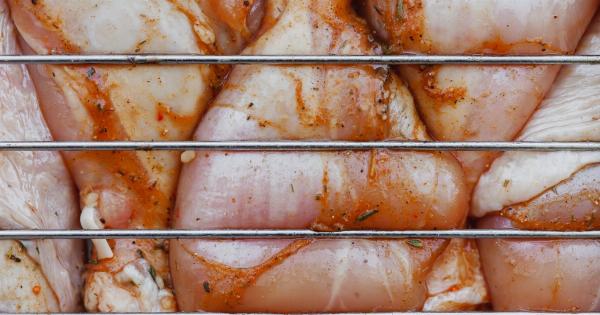As the popularity of vegetarian and vegan diets continues to rise, many people are looking for alternative sources of protein to ensure they meet their nutritional needs.
Contrary to popular belief, there are numerous plant-based protein sources that can provide all the essential amino acids required for a healthy body. In this article, we will explore some of the best vegetarian protein sources, their benefits, and how to incorporate them into your diet.
1. Lentils
Lentils are a powerhouse of plant-based protein, packed with around 18 grams of protein per cooked cup. They are also rich in fiber, iron, and folate, making them an excellent choice for vegetarians.
Lentils come in various colors, including green, red, brown, and black, each having its own unique taste and texture. They are incredibly versatile and can be used in soups, stews, salads, and even veggie burgers.
2. Quinoa
Quinoa is a complete protein source, meaning it contains all nine essential amino acids required by the body. It offers around 8 grams of protein per cooked cup and is also rich in fiber, iron, magnesium, and manganese.
Quinoa is often used as a rice substitute or added to salads, stir-fries, and breakfast bowls.
3. Chickpeas
Chickpeas, also known as garbanzo beans, are a great source of protein for vegetarians. With approximately 15 grams of protein per cooked cup, chickpeas are not only protein-rich but also provide essential minerals like iron, folate, and phosphorus.
They can be used to prepare hummus, added to salads, or used in curries and stews.
4. Tofu
Tofu, derived from soybeans, is a staple in many vegetarian and vegan diets. It offers around 20 grams of protein per 100 grams and is low in saturated fat.
Tofu comes in various textures, such as silken, firm, and extra-firm, making it suitable for different types of dishes. It can be stir-fried, baked, grilled, or added to soups and stir-fries as a meat substitute.
5. Seitan
Seitan, also known as wheat meat or wheat protein, is made from gluten, the protein found in wheat. It is highly concentrated in protein, providing approximately 25 grams of protein per 100 grams.
Seitan has a meat-like texture and can be seasoned in various ways to mimic different meat flavors. Due to its high protein content, seitan is often used as a meat substitute in stir-fries, stews, and sandwiches.
6. Chia Seeds
Chia seeds are not only a great source of omega-3 fatty acids and fiber but also offer a decent amount of protein. With around 6 grams of protein per ounce, chia seeds are incredibly versatile.
They can be added to smoothies, yogurt, puddings, and even used as an egg substitute in baking recipes. Chia seeds also absorb liquid, creating a gel-like consistency that can be used to thicken sauces and dressings.
7. Hemp Seeds
Hemp seeds are a complete protein source and offer around 9 grams of protein per ounce. They are also rich in omega-3 fatty acids, fiber, and essential minerals like magnesium and zinc.
Hemp seeds have a slightly nutty flavor and can be sprinkled over salads, added to smoothies, or used in homemade granola bars and energy balls.
8. Spirulina
Spirulina is a blue-green algae packed with numerous nutrients, including protein. With approximately 8 grams of protein per two tablespoons, spirulina is often considered a superfood. It is also rich in vitamins, minerals, and antioxidants.
Spirulina can be added to smoothies, juices, or used in powdered form as a supplement.
9. Beans
Beans, such as black beans, kidney beans, and pinto beans, are not only a great source of protein but also offer a variety of other nutrients. With around 15 grams of protein per cooked cup, beans are also high in fiber, folate, iron, and potassium.
They are incredibly versatile and can be used in soups, stews, chili, salads, and spreads like refried beans.
10. Tempeh
Tempeh is a fermented soybean product that is often used as a meat substitute in vegetarian and vegan diets. With approximately 31 grams of protein per cup, tempeh is a protein powerhouse. It is also rich in probiotics, which can support gut health.
Tempeh can be marinated, grilled, or sautéed and used in various dishes like stir-fries, sandwiches, and salads.
Conclusion
With the growing popularity of vegetarian and vegan diets, it is essential to explore different protein sources to meet nutritional needs.
Lentils, quinoa, chickpeas, tofu, seitan, chia seeds, hemp seeds, spirulina, beans, and tempeh are all excellent vegetarian protein sources that offer a range of health benefits. By incorporating these plant-based proteins into your diet, you can ensure you are meeting your protein requirements without relying on animal products.































